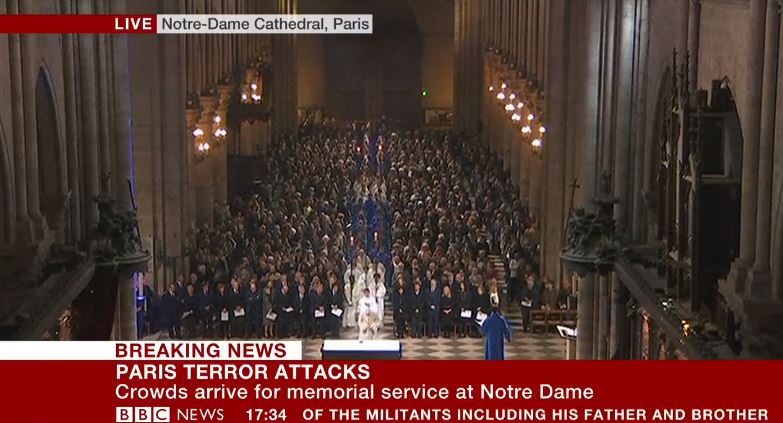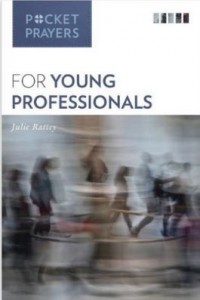The Muslims had a distinct advantage. They greatly outnumbered the Christians whom they oppressed. Their weapons were superior; their resolve was great; their willingness to kill anyone, even children, for their cause made them an unbeatable foe.
Included in their army of determined Islamists were Christian slaves who had been forced to renounce their faith, and to join the Muslims in their assault on Christian townspeople.
The Holy Father, realizing that the Muslims had a decided material advantage, called upon all of Christendom to pray the Rosary for victory….
* * * * *
This is not, as it may at first seem, a recounting of the current crisis in the Middle East. The Muslims in the story are not the modern-day terrorists of ISIS. The Pope is not Francis.
No, this is the story of Lepanto, a seaport in western Greece which was overtaken by invading Ottoman Turks in 1498, then retaken for the Holy Roman Empire in 1571.
At its height, the Ottoman Empire had taken control of Southeast Europe, Western Asia, the Caucasus, North Africa, and the Horn of Africa. There were 32 provinces and numerous vassal states. And still expansion-minded, the Muslim Turks advanced northward, hoping to eventually overtake much of Christian Europe for Islam.
The Holy League—a small fleet of ships from Spain, Venice and Genoa—was captained by an Austrian, Don Juan. With their much larger fleet, commanded by Ali Pasha and powered by slave labor of 12,000 to 15,000 captured Christians, the Ottoman Empire had a strong advantage.
Seeing the threat to all of Christendom, Pope Pius V called on all people of faith throughout Europe to pray the Rosary, asking Mary’s intercession to prevent the Holy Roman Empire from falling into Muslim hands. In villages and towns, Christians gathered to pray as the sea battle raged.
The toll was high. The Holy League lost 13,000 sailors and 50 of its galleys. But for the Ottoman Empire, the losses were much greater: Their leader Ali Pasha was killed along with 25,000 of his sailors. The Ottoman fleet lost 210 of its 250 ships—130 of which were captured by the Holy League.
Crippled by the Holy League, the Muslim Turks were turned back from entering the Mediterranean Sea, and they were unable to conquer Europe for the caliphate.
The story is told that on October 7, 1571, at the hour of victory, Pope Pius V—hundreds of miles away in Rome—interrupted a meeting and walked over to an open window. “The Christian fleet is victorious!” he said; and he shed tears of joy and thanksgiving to God. In gratitude for the victory, the pope instituted the feast of Our Lady of Victory to be celebrated each year on that date.
(Two years later, in 1573, Pope Gregory XIII changed the name of the feast to the Feast of the Holy Rosary. In 1716, Pope Clement XI approved the feast for the entire Latin Rite church, and decreed that the feast should be celebrated on the first Sunday of October. In 1913, Pope Pius X—as part of an attempt to restore celebration of the liturgy of the Sundays—changed the date to October 7. Still today, the Church celebrates the feast of Our Lady of the Rosary on October 7.)
* * * * *
So that’s the story: Faithful Christians begged for Mary’s intercession and Our Lady intervened, asking her Son to prevent the Muslims of the East from overcoming the Christian West.
We read this week of terrible atrocities committed by ISIS against the Christians of Iraq. There are widespread reports that Christian children have been beheaded, women raped, men hanged. Is there no stopping the incursion of militant extremists into the lands of the Old Testament, and the eradication of Christianity in the Middle East?
The Rosary is a powerful weapon for good. Let us pray, asking our Heavenly Mother to again take this great problem to the feet of Christ.











